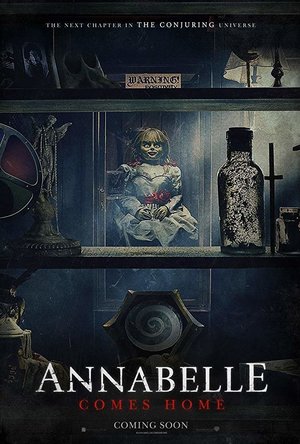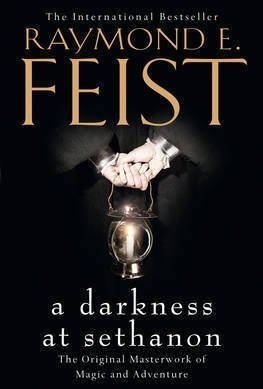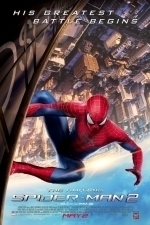JT (287 KP) rated Annabelle Comes Home (2019) in Movies
Mar 2, 2020 (Updated Mar 10, 2020)
Paranormal investigators Ed (Patrick Wilson) and Lorraine Warren (Vera Farmiga) are back again. The opening events serve as a continuation of the first film. When they leave their daughter Judy (Mckenna Grace), in the hands of babysitter Mary Ellen (Madison Iseman) and her friend Daniela (Katie Sarife) the inquizitive trio release the unwanted entity into the house.
These films are a mine field of jump scares and elongated tension. But that seems to be lacking as it takes time to really get going. When it does it is nothing that we haven’t experienced before. There are a few effective moments. Ghosts with coins on their eyes and a woman in a wedding dress provide some spine chilling scenes – but that is as far as it goes.
Lyndsey Gollogly (2893 KP) rated A Darkness at Sethanon in Books
Mar 29, 2020
Here be dragons and sorcery, swordplay, quests, pursuits, intrigues, stratagems, journeys to the darkest realms of the dead and titanic battles between the forces of good and darkest evil.
Here is the final dramatic confrontation between Arutha and Murmandamus - and the perilous quest of Pug the magician and Tomas the warrior for Macros the Black. A Darkness at Sethanon is heroic fantasy of the highest excitement and on the grandest scale, a magnificent conclusion to one of the great fantasy sagas of our time.
Omg!!! I was at one point about to throw the book in the bin sneaky sneaky killing of Arutha I was distraught!! Poor Jimmy. But all was well that sneaky prince ran off to save the world! This is one series I've absolutely loved! Raymond E Feist is a fantastic writer I'd love to see this series developed into films it would rival lord of the rings! I was in awe at the last 5 chapters. Brilliant brilliant set of books!!!
Veronica Pena (690 KP) rated The Amazing Spider-Man 2 (2014) in Movies
Apr 30, 2020
The action scenes were fun to watch - Times Square, the power grid, the clock tower - but I do agree with some other reviewers in that it does start slow. Despite everything, I am really bummed that they didn't finish out the trilogy. My biggest pet peeve when it comes to film is when a studio starts a series and then doesn't finish it. I'd almost be happier to see it be done and be bad, than have it not be done at all. But what do I know?
I can't say I'll ever watch this film again unless I find myself weirdly craving Andrew Garfield's Spider-Man (which seems unlikely), but I am glad I watched it.
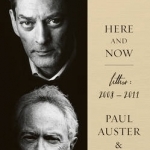
Here and Now: Letters 2008-2011
Book
Paul Auster and J. M. Coetzee are respectively responsible for some of the great contemporary works...
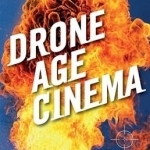
Drone Age Cinema: Action Film and Sensory Assault
Book
At a time when technological advances are transforming cultures and supporting new automated...
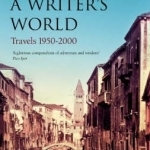
A Writer's World: Travels 1950-2000
Book
In a wonderfully evocative collection of her travel writing and reportage from over five decades,...
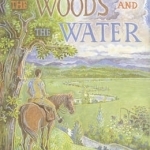
Between the Woods and the Water: on Foot to Constantinople from the Hook of Holland - The Middle Danube to the Iron Gates
Book
The acclaimed travel writer's youthful journey - as an 18-year-old - across 1930s Europe by foot...
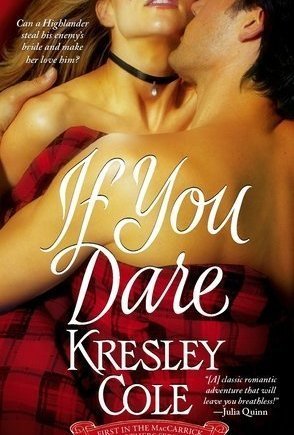
If You Dare (MacCarrick Brothers, #1)
Book
Kresley Cole introduces a thrilling new romance trilogy featuring fierce Scottish brothers with...
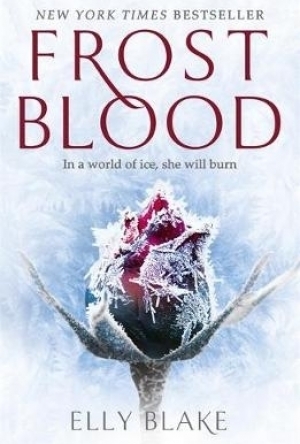
Frostblood
Book
The first in an addictive young adult fantasy trilogy from New York Times bestselling author Elly...
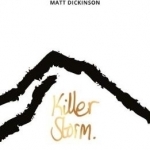
Killer Storm: A Terror Attack at Everest Base Camp. A White-Out Blizzard Rolls in. The Scene is Set for the Ultimate Everest Adventure
Book
KILLER STORM: THE THIRD AND FINAL BOOK IN THE EVEREST FILES TRILOGY. Teenage climber Ryan Hart is...
